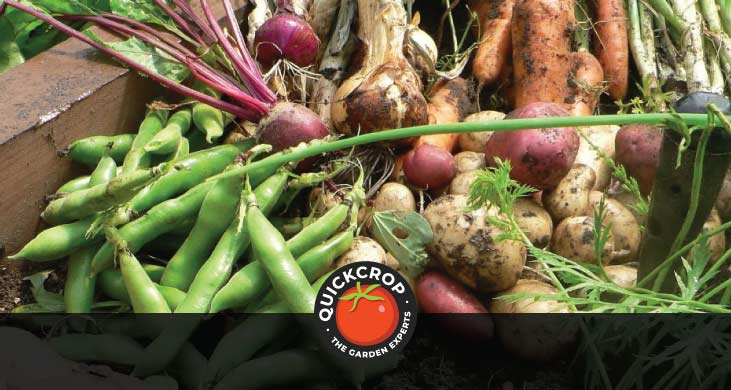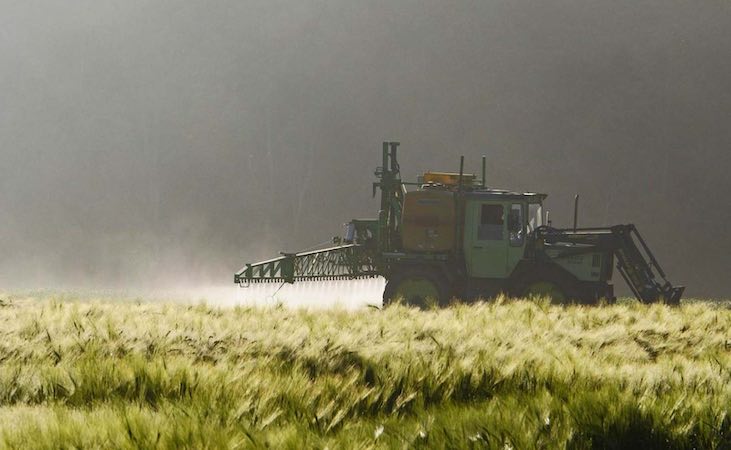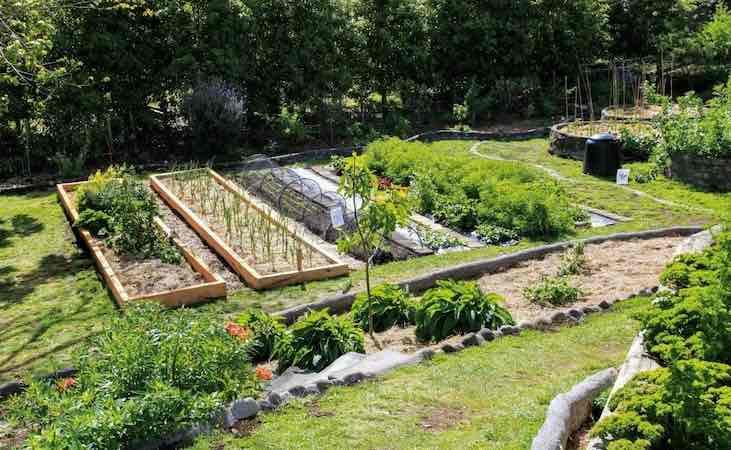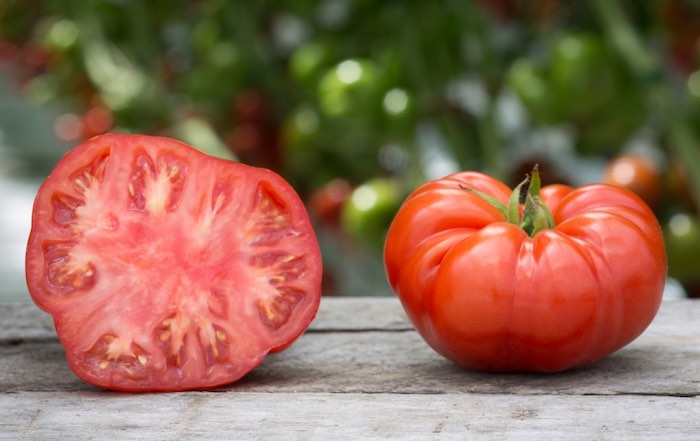Why Grow Your Own Food?

Why grow your own food? It's a fair question to ask. 'Fruits and vegetables aren't that expensive in the first place', you might say. 'It's time-consuming', you might also ponder, while wondering about the return on all that effort. While those aren't necessarily the wrong questions to be asking, there are a number of benefits to growing your own food that might not immediately jump out at you - and a number of reasons why it continues to be a fulfilling and rewarding pastime.
Well-Being
Growing and tending to crops allows you a chance to reconnect with the natural world around us. Those who’ve been bitten by the gardening bug will attest to the meditative, peaceful nature of the hobby. It's a tactile activity that takes our minds off daily stresses and gets us away from computer screens.
A recent UK-based study indicated that gardening two to three times a week lead to better well-being and lower levels of stress, while expending similar amounts of energy to strenuous gym exercise.
Growing food in community allotments can foster more social connections and a feeling of communal belonging, particularly as you can share the fruits of your crop with neighbours and like-minded hobbyists.

Control Over Your Food
Commercially-produced fruit and vegetables frequently have pesticide residues (one of the reasons why you’re usually advised to wash them before preparing). While some uncertainty surrounds the potential harm of these chemical residues, growing your own food gives you the peace of mind of knowing what has or hasn’t been added.
Less Distance Travelled
Store-bought fruits, vegetables and other crops often travel long distances to find their way onto your local shelf. In 2020, Ireland imported 75,000 tonnes of potatoes, 38,500 tonnes of onions, 25,000 tonnes of tomatoes and 20,000 tonnes of carrots. Long-distance travel does no favours to the freshness or nutritional quality of many food items. Shelf life will often be prioritised over ripeness or taste.
Plastic packaging also tends to be used in order to preserve as much freshness as possible and protect the products from contamination. Naturally, this leads to a lot of plastic waste, an issue that has become more and more pressing over the last decade. In terms of relatively simple and small ways to foster environmental sustainability, growing your own food is a no-brainer!

Self-Sufficiency
Climate change, the pandemic and recent international upheavals have raised questions about food security and how much we take for granted the fruit and vegetables we find on our supermarket shelves.
While it’s maybe a bit depressing to contemplate food shortages in the future, growing your own food is a fun and fulfilling way of learning self-reliance and highlights the potential for communal or local alternatives.
Fulfillment
Like all creative pursuits, growing your own food from scratch (or from seed at least) leads to a feeling of accomplishment - as well as a greater sense of appreciation for fresh, natural produce.
Even the inevitable odd failure and setback can, in the long-term, lead to increased feelings of accomplishment when you can learn from these hiccups and gain better know-how.

Flavour!
Leaving aside all the above for a second, maybe the most important quality when it comes to food is, of course… taste! If you’ve become accustomed to buying your fruit and vegetables from the local store or supermarket, it may well be a revelation how much better they taste when homegrown.
Food like tomatoes, sweetcorn, carrots, strawberries and cucumber have a richer, sweeter and more vibrant taste when harvested at peak ripeness. Often when commercially produced these foods will be harvested before they’ve fully ripened, in order to take into account the fact that they have to stay fresh when being transported in crates and trucks.
Of course, add in the knowledge that the food you’re eating is the fruit of your own (enjoyable) labour and that does no harm to the enjoyment of your food either!
As a knock-on effect, this renewed appreciation for the flavour and diversity of fresh produce leads to a healthier diet and less reliance on processed foods.
